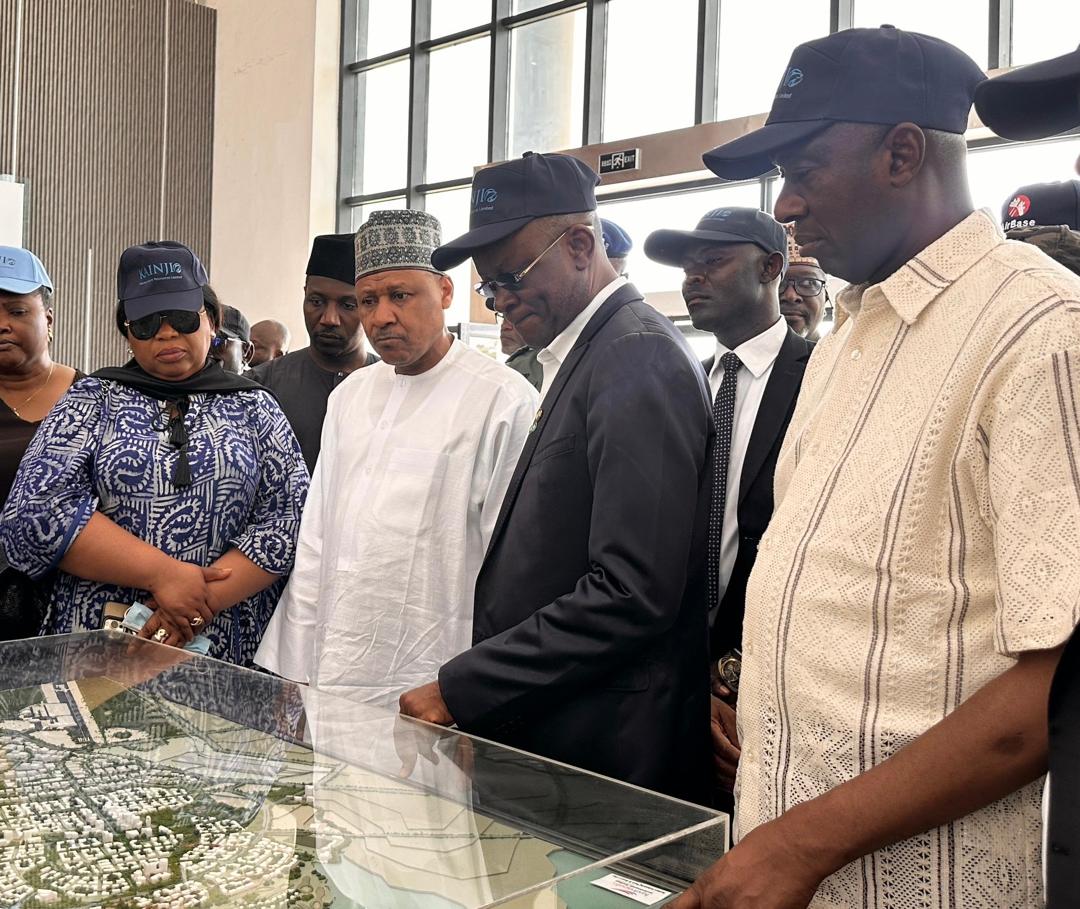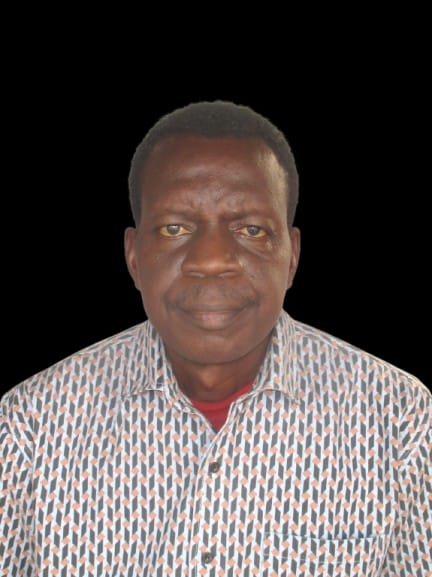Unpredictable rainfall pattern and Nigeria’s agricultural productivity. Michael Adedotun Oke

Unpredictable rainfall pattern and Nigeria’s agricultural productivity



Variations in rainfall patterns have occasionally affected various agricultural practices in Nigeria, influencing adjustments in cultivation processes, planting and harvesting schedules, storage systems, and processing methods.
These changes often occur without farmers’ awareness. By understanding seasonal variations, farmers could plan ahead to save time, reduce risks and uncertainties on the farm, and mitigate damages.
Proper planning and management of farms are essential. However, weather forecasts from the Nigerian Meteorological Agency (NiMet) are often inconsistent with time and place, leaving farmers in the dark about updated information.

The establishment of meteorological stations by commercial farmers is necessary for gathering data that can assist small holder farmers. These stations can collect temperature and humidity records, which would improve average farmer productivity and boost the agricultural industry as a whole.
Flooding, particularly in areas such as Maiduguri and other states, has led to large-scale destruction of farms, delayed harvesting, loss of livelihoods, human casualties, and reduced agricultural output.
The growing challenges of farming technology and the need for effective water management to support irrigation systems, such as dry farming, are increasingly important.
Some areas in Nigeria can support year-round farming activities, increasing productivity levels. However, many farmers are forced to relocate due to changing rainfall patterns. Annual rainfall has become more variable, forcing farmers to leave their homes or farms due to climate change concerns.
Effects of flooding and need for humanitarian assistance
Floods in Jigawa, Bauchi, Maiduguri, and Adamawa states in North-West and North-East Nigeria have led to the evacuation of over 380 homes and the loss of more than 20 lives.
The displacement crisis in these regions has worsened due to flooding. According to the International Organisation for Migration (IOM), North-East Nigeria is in urgent need of humanitarian aid, as over 15,000 internally displaced persons (IDPs) are now seeking shelter after floods destroyed their camps.
This displacement is expected to result in food shortages, economic difficulties, insecurity, and rising food prices across the country.
The situation underscores the need for significant action to prevent these challenges. Many Nigerians express a lack of faith in the government’s ability to address the issues brought on by flooding and climate change in affected areas.
Addressing Climate Change and global warming
The global threat of climate change has sparked conversations worldwide, as it endangers human welfare and the planet. The World Health Organisation estimates that between 2030 and 2050, climate change could lead to an additional 250,000 deaths annually from heat stress, diarrhoea, malaria, and malnutrition.
Addressing climate change is crucial for any economy aiming for sustainable growth, as its impact could cause irreversible damage to infrastructure, food production, water supplies, and could even lead to conflicts over natural resources in Nigeria.
More than 15,000 internally displaced persons, who were practicing farmers, are now in desperate need of humanitarian assistance after their camps were destroyed by flooding. Although some individuals and organisations have donated to help, more support is needed.
The Nigerian government has made a positive step by awarding a contract for the construction of a new dam in Maiduguri. However, farmers who raise crops and livestock have confirmed that global warming and climate change are affecting their productivity, forcing many to leave their homes or farms.
Urgent action is required to combat climate change and its effects, as outlined in Sustainable Development Goal 13. This goal is intrinsically linked to all 16 other goals of the 2030 Agenda for Sustainable Development.
Countries have ratified the Paris Agreement to limit the rise in global temperatures to below 2°C. The UN continues to urge all stakeholders to take action to reduce the impact of climate change.
The theme of the UN Climate Change Conference (COP 29), to be held in Baku, Azerbaijan, in November 2024, is “Our Land, Our Future.
” The slogan “We are #GenerationRestoration” emphasises the importance of protecting the environment, restoring land, and building resilience against drought.
Michael Adedotun Oke,
Project Facilitator, Talent Upgrade Global Concept, Michael Adedotun Oke Foundation, Plot 232 Kaida Road, Old Kutunku, Gwagwalada, Abuja, Nigeria
maof2020@gmail.com
+23408027142077



